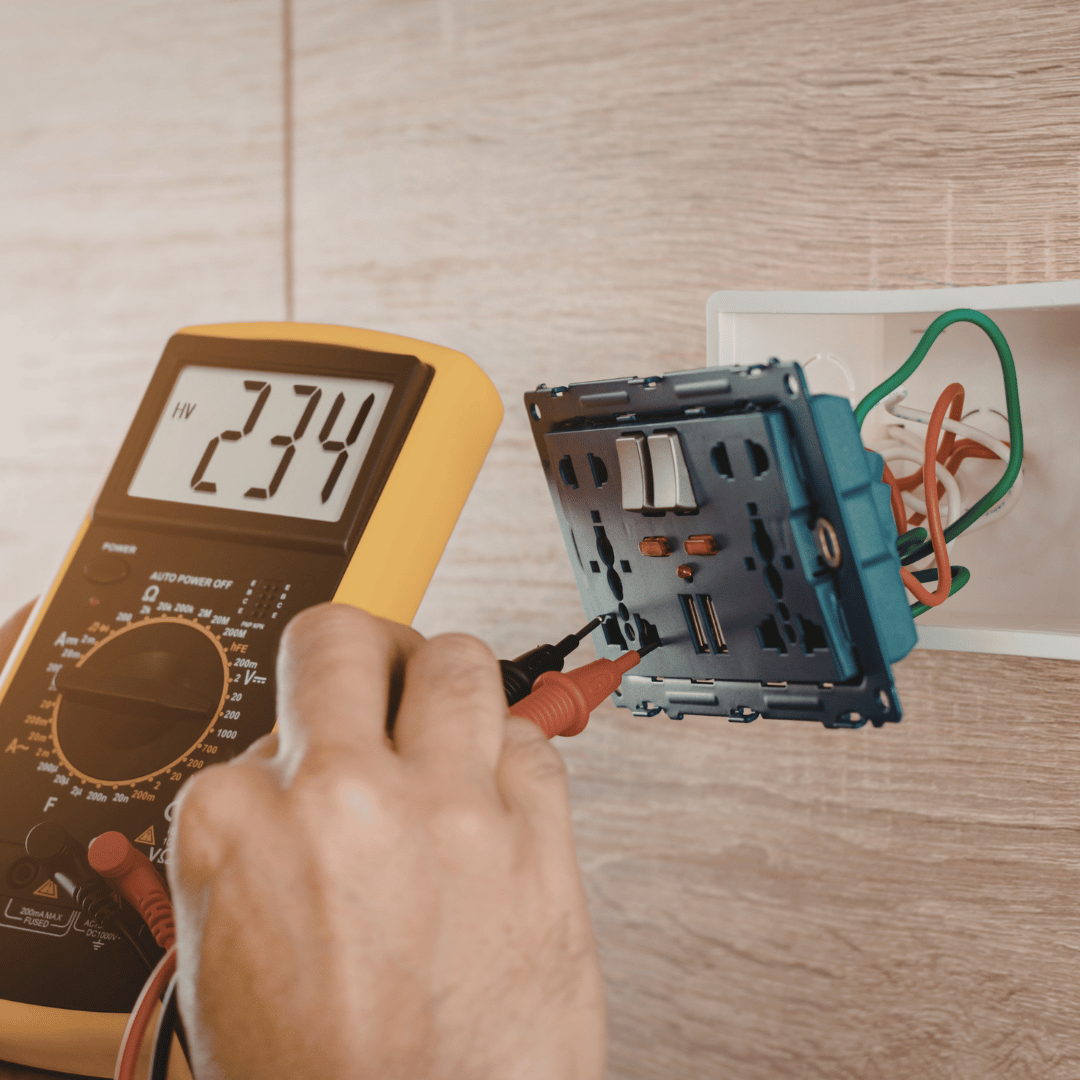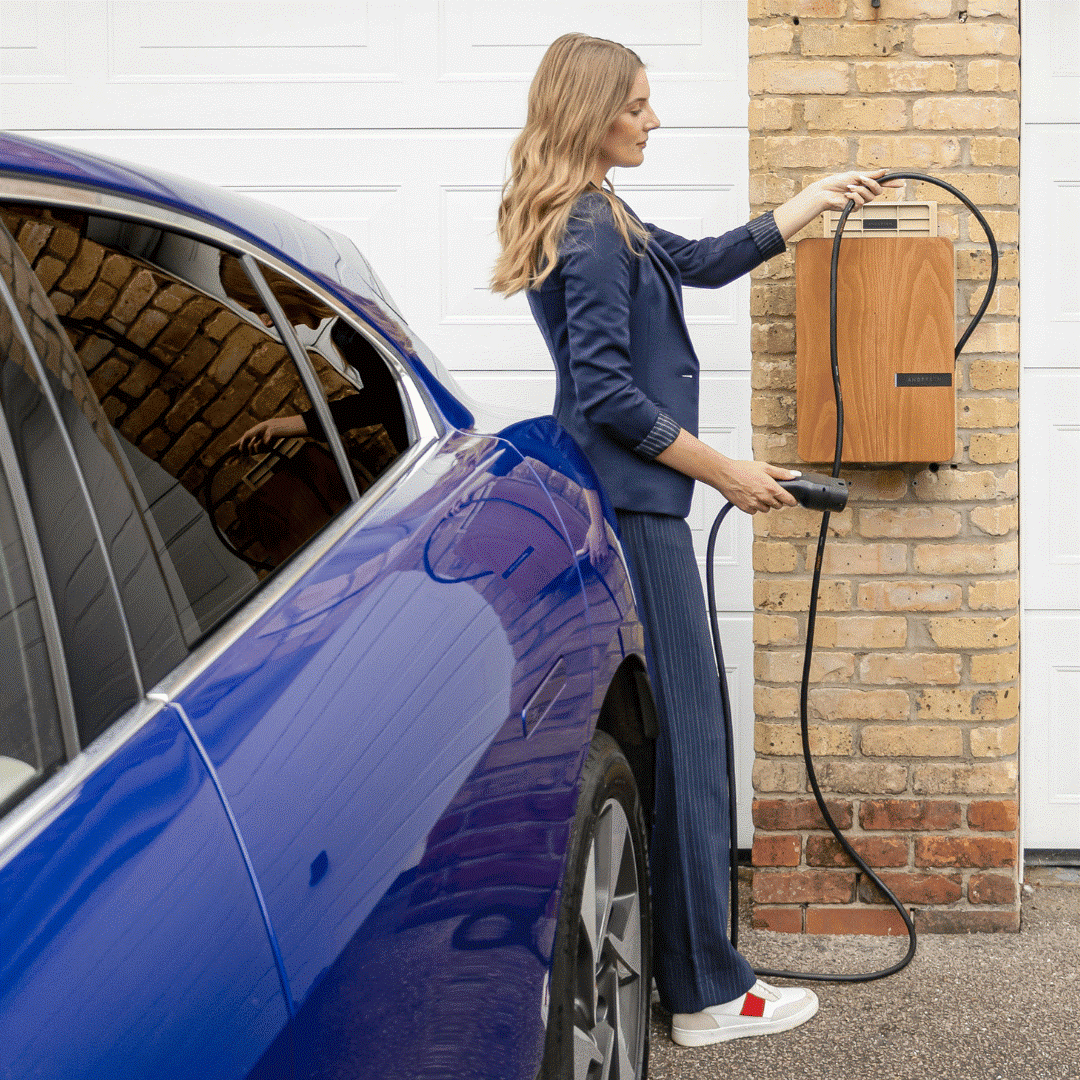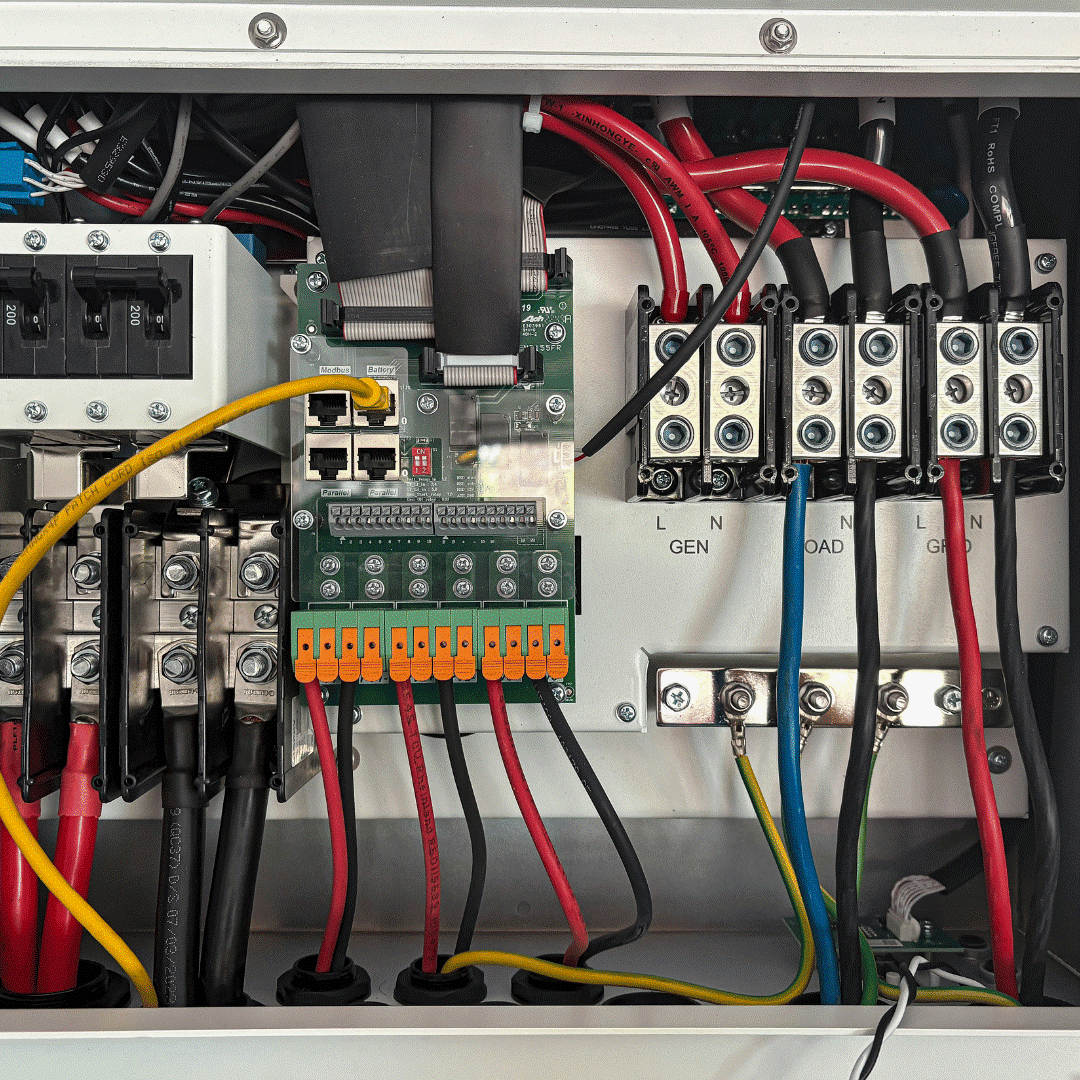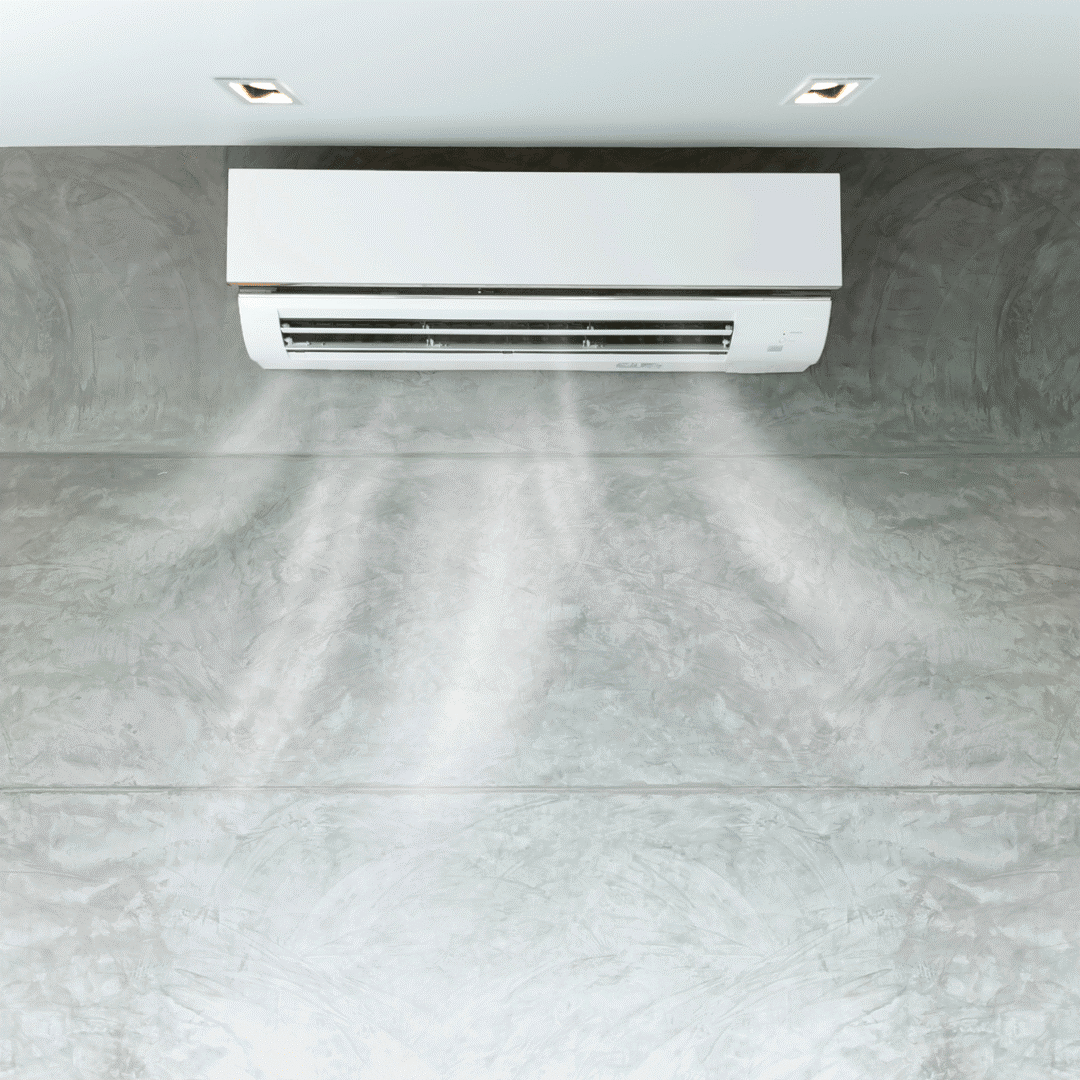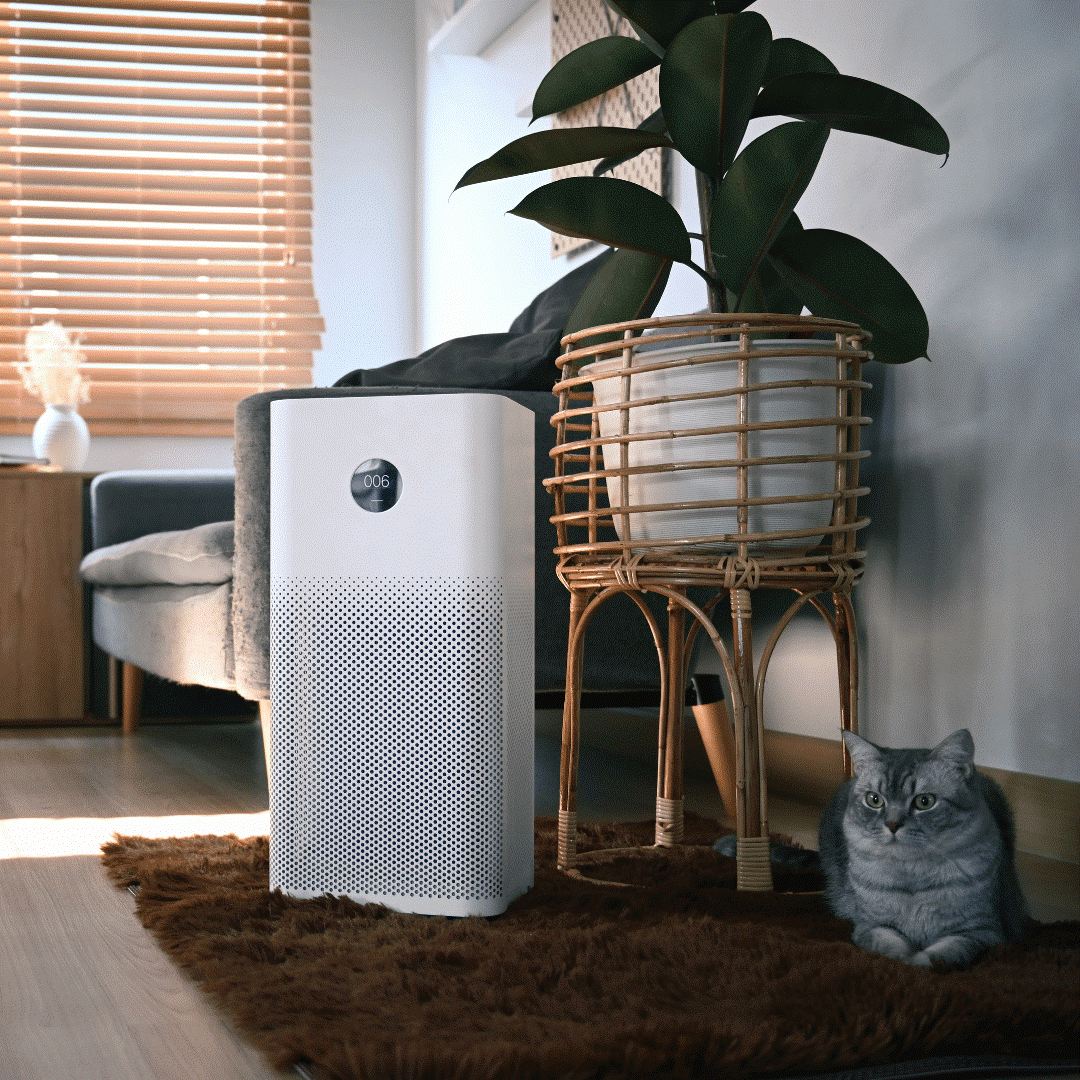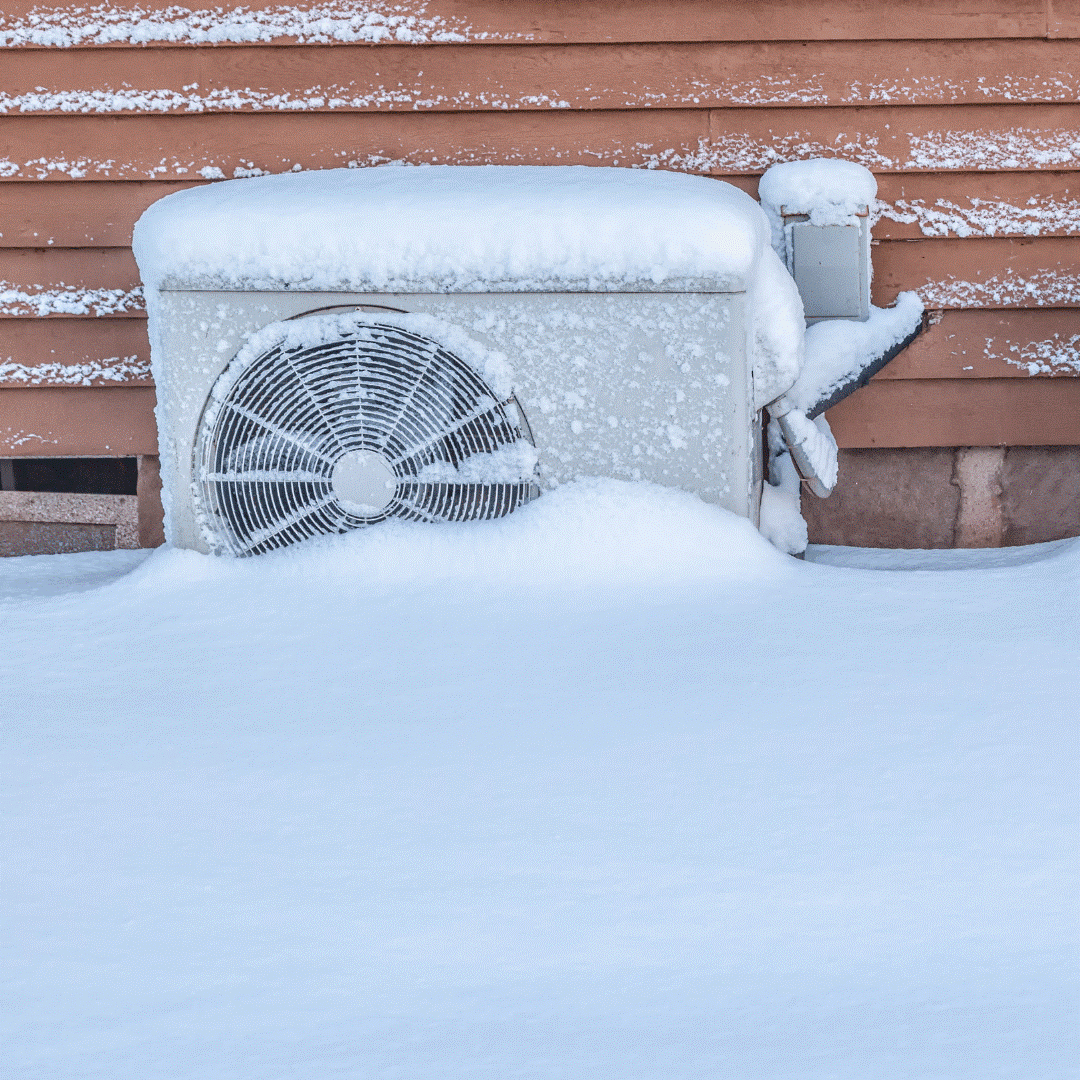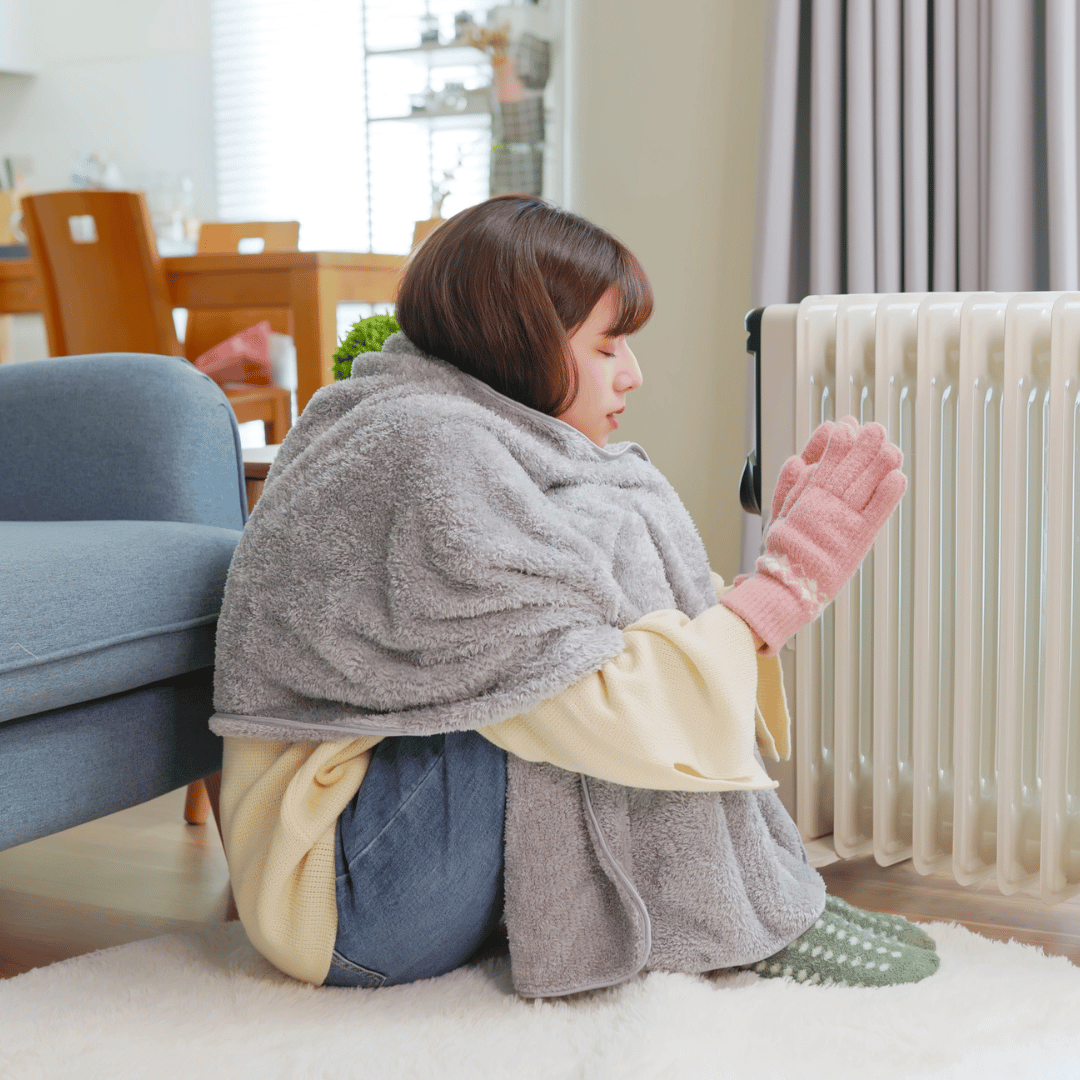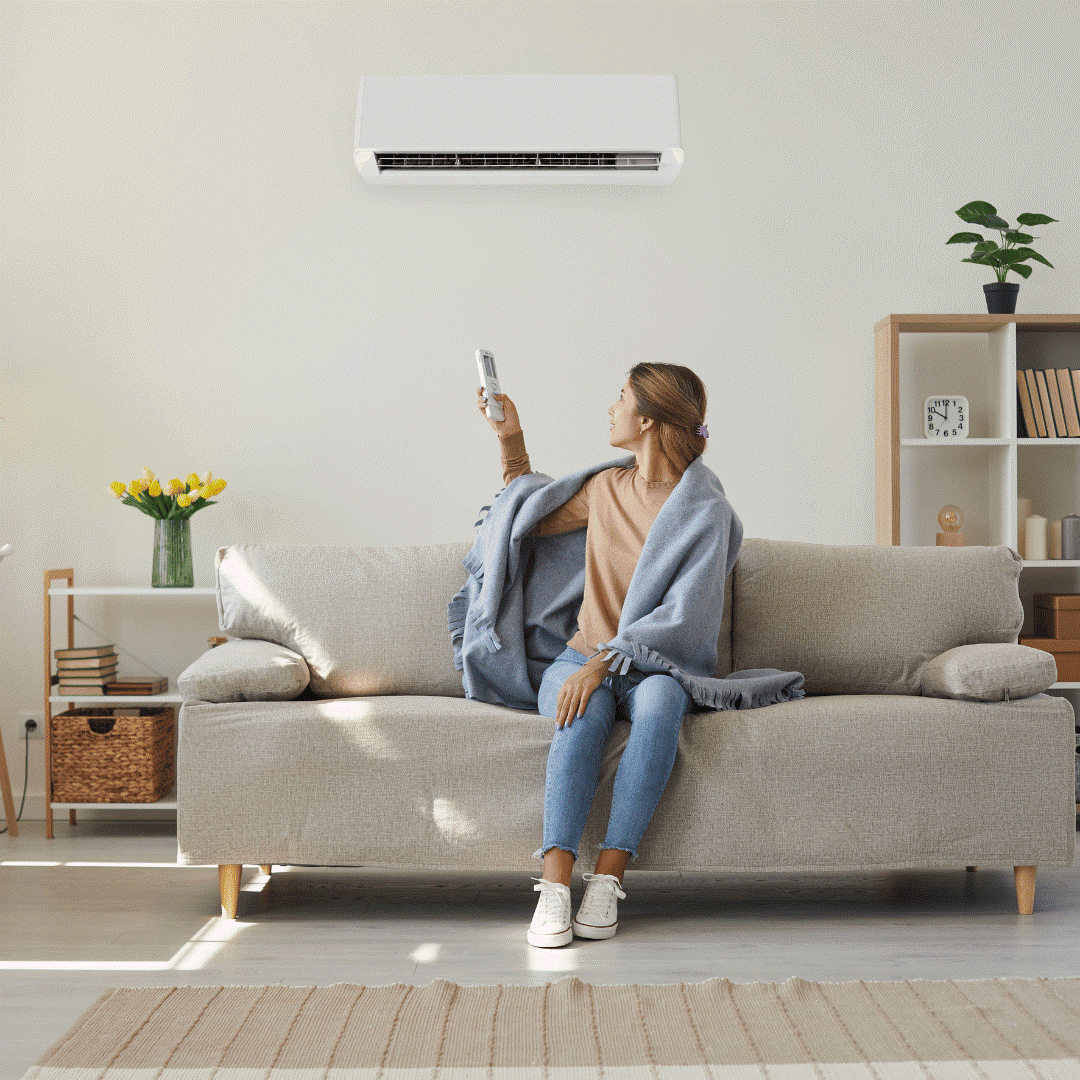Upgrade Your Winter with the Power of High-Efficiency Furnaces
As winter approaches, ensuring your home is warm and inviting becomes a top priority. If your current heating system isn't meeting your needs, it may be time to consider upgrading your furnace. High-efficiency furnaces offer numerous benefits that can significantly enhance your comfort and reduce energy bills. This guide will explore why upgrading your furnace is an essential step for your home this winter season.
Why Upgrading Your Furnace Matters
Many homeowners underestimate the significant impact of an outdated heating system on their comfort and energy costs. An older gas furnace often struggles to keep up during colder weather, resulting in uneven heating throughout the house. This can leave some rooms frigid while others feel overly warm. Such inefficiency leads to higher utility bills as the furnace works harder to maintain a comfortable temperature. Additionally, aging equipment is prone to wear and tear, leading to potentially costly repairs.
Upgrading to a high-efficiency furnace is a smart investment in reliable warmth and improved comfort. Modern furnaces are designed to provide consistent heating, operate more quietly, and consume less energy, ensuring your home stays cozy while saving you money in the long run. With advancements in technology, many new models come equipped with smart features, allowing you to control your heating and cooling system remotely, further enhancing efficiency and convenience.
Understanding High-Efficiency Furnaces
High-efficiency furnaces are engineered with advanced technology to maximize energy efficiency. These systems often feature a heat exchanger that extracts more heat from the combustion process. Consequently, a greater percentage of the fuel you pay for is converted into warm air for your home. When choosing a new unit, look for models with an Annual Fuel Utilization Efficiency (AFUE) rating of 90% or higher. Upgrading your furnace is an investment that pays off in the long run, as it can lower your heating bills and reduce your carbon footprint.
The Benefits of High-Efficiency Furnaces
1. Energy Savings: One of the primary reasons to consider upgrading your furnace is the potential for substantial savings on your utility bills. High-efficiency models consume significantly less fuel while providing the same amount of heat, resulting in lower monthly costs. Over time, the initial upfront cost of a high-efficiency furnace can yield significant potential savings, allowing for more budget flexibility.
2. Improved Indoor Air Quality: A well-maintained furnace plays a crucial role in enhancing indoor air quality by reducing dust, allergens, and other pollutants in your home. High-efficiency furnaces often come equipped with superior air filters that capture smaller particles, including pet dander and pollen. This is particularly beneficial for households with members who suffer from allergies or respiratory issues, as improved air quality can lead to better overall health.
3. Increased Comfort: High-efficiency systems are designed to provide consistent heating throughout your home. With advanced features like variable-speed blower motors, these furnaces can adjust their operation based on your specific heating needs, allowing for precise temperature control. Enjoy an even distribution of warm air without frustrating hot or cold spots, creating a more pleasant living environment.
4. Reduced Environmental Impact: By using less fuel, high-efficiency furnaces contribute to lower greenhouse gas emissions, making them an environmentally friendly choice. If you're looking for ways to be more eco-conscious, upgrading your furnace is a great place to start. Many utility companies also offer incentives or rebates for homeowners who switch to energy-efficient appliances, further enhancing the financial benefits of your investment.
When Is the Right Time to Upgrade?
The timing of your upgrade can significantly affect comfort and efficiency. While many homeowners believe summer is the best season for such projects, upgrading during the heating season can offer immediate benefits. Opting for an upgrade in the cooler months will likely enhance indoor comfort right away, as new heating systems often operate more effectively and quietly. Additionally, HVAC professionals typically have greater availability during fall and winter, allowing for smoother scheduling of consultations and installations. Seasonal promotions during these months may also provide additional savings.
The Process of Upgrading Your Furnace
Upgrading your furnace involves several key steps:
1. Thorough Inspection: Consult with a trained HVAC technician for a comprehensive evaluation of your current system. They’ll assess your home’s heating needs and recommend suitable models.
2. Choosing the Right Furnace: With various options available, it’s crucial to select a furnace that fits your home and lifestyle. Look for energy-efficient models, whether it’s a heat pump or a traditional furnace.
3. Proper Installation: The effectiveness of your new unit heavily relies on proper installation. Ensure your HVAC technician is experienced and follows the manufacturer's guidelines for a seamless process.
4. Routine Maintenance: After installation, furnace maintenance is essential to keep your new system running efficiently. Scheduling regular furnace tune-ups and checking your furnace filter will prolong its life and maintain efficiency.
The Importance of Regular Maintenance
Maintaining your high-efficiency furnace is as crucial as the initial upgrade. Routine checks help catch issues before they escalate into costly repairs. Here’s why you should prioritize maintenance:
- Prevent Costly Repairs: Regular maintenance identifies and resolves minor issues before they become significant problems. Keeping your furnace in top shape means fewer unexpected repair costs.
- Improved Efficiency: Your furnace requires thorough cleaning and care. Addressing soot buildup and replacing dirty filters will ensure optimal performance.
- Safety First: A well-maintained furnace reduces the risk of carbon monoxide leaks. Regular checks on your carbon monoxide detectors are vital for your family’s safety.
Cost Considerations and Incentives
While the initial cost of a high-efficiency furnace may seem daunting, viewing it as a long-term investment is essential. The energy savings over time can quickly offset the upfront price. Moreover, many utility companies offer rebates and incentives for homeowners who opt for energy-efficient appliances, making the upgrade more affordable.
Preparing for Your New Furnace
Once you decide to upgrade, here are a few steps to prepare:
- Clear the Area: Ensure the installation site is free of furniture and obstructions to facilitate efficient work by the HVAC technician.
- Understand Your System: Familiarize yourself with your new furnace’s operation and maintenance needs. Your technician will provide instructions and answer any questions.
- Schedule Routine Tune-Ups: Mark your calendar for annual maintenance checks to keep your system in prime condition and your home warm throughout winter.
Incorporating a high-efficiency furnace into your winter preparation can significantly enhance your home's comfort while reducing energy consumption and contributing to a more eco-friendly lifestyle. These advanced heating systems are designed to maximize warmth while minimizing energy waste, ensuring that every room in your home remains cozy even during the coldest months.
If you're looking to upgrade your heating system, consider contacting an HVAC professional today to explore the options available. They can guide you through the selection process, helping you choose a furnace that fits your home's needs and budget. Taking this important step towards a more energy-efficient home benefits your comfort and reduces your carbon footprint, promoting a healthier planet for future generations.
For more information on residential heating solutions, visit Salt Air or check out our Commercial HVAC Services solutions that will keep you warm and comfortable all winter long! Don't hesitate to reach out and ensure your home is prepared for the chilly months ahead.

